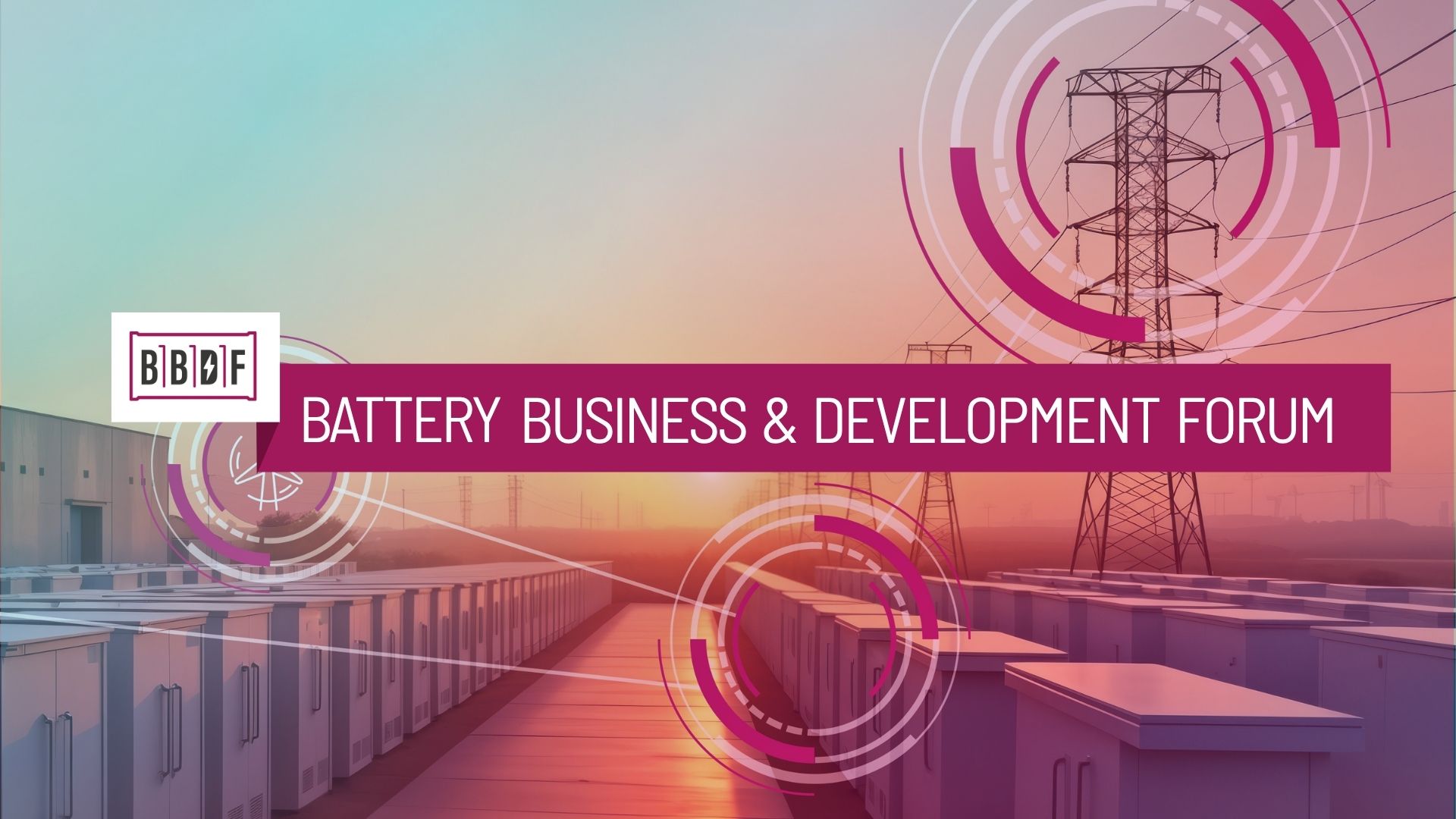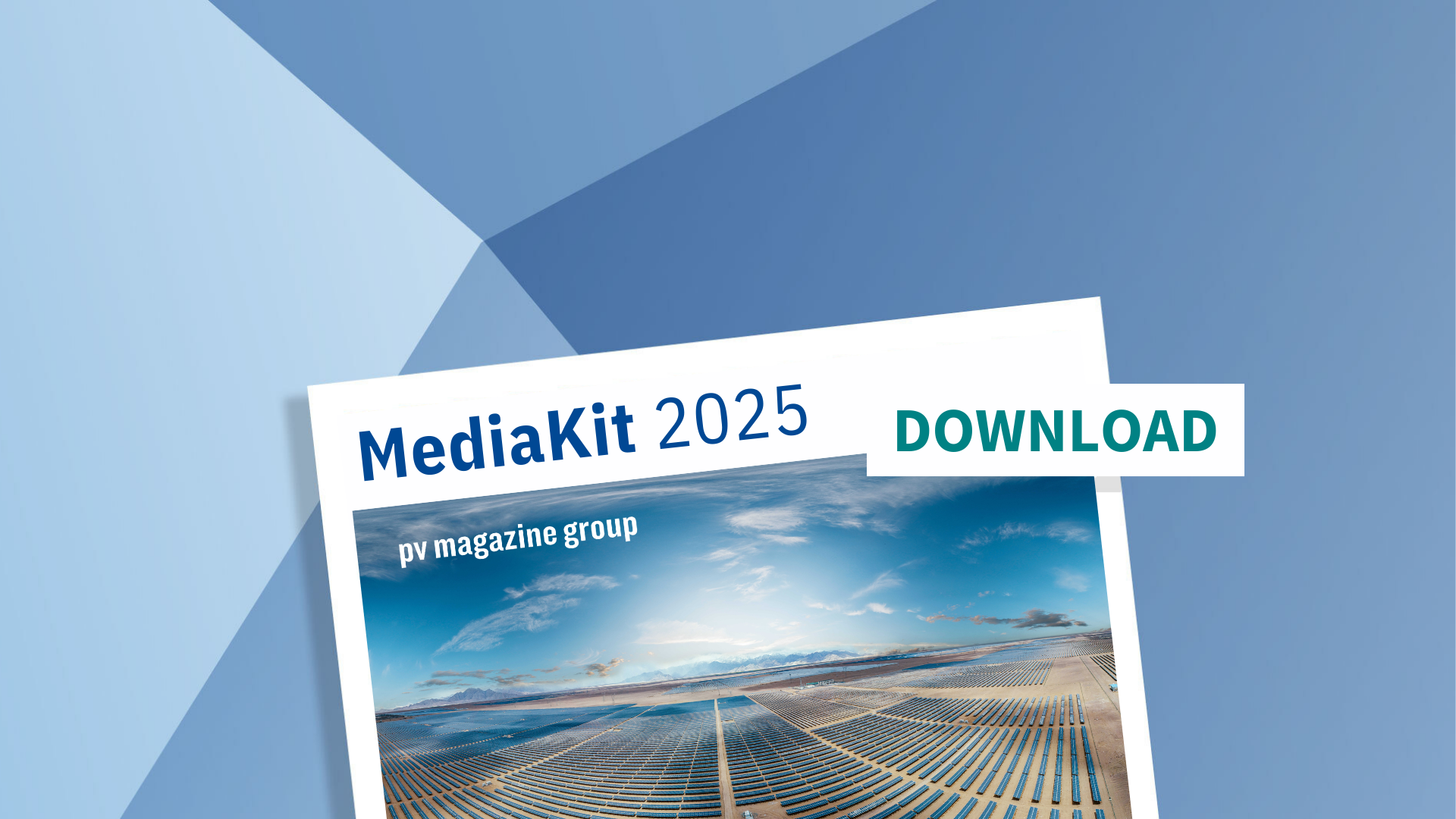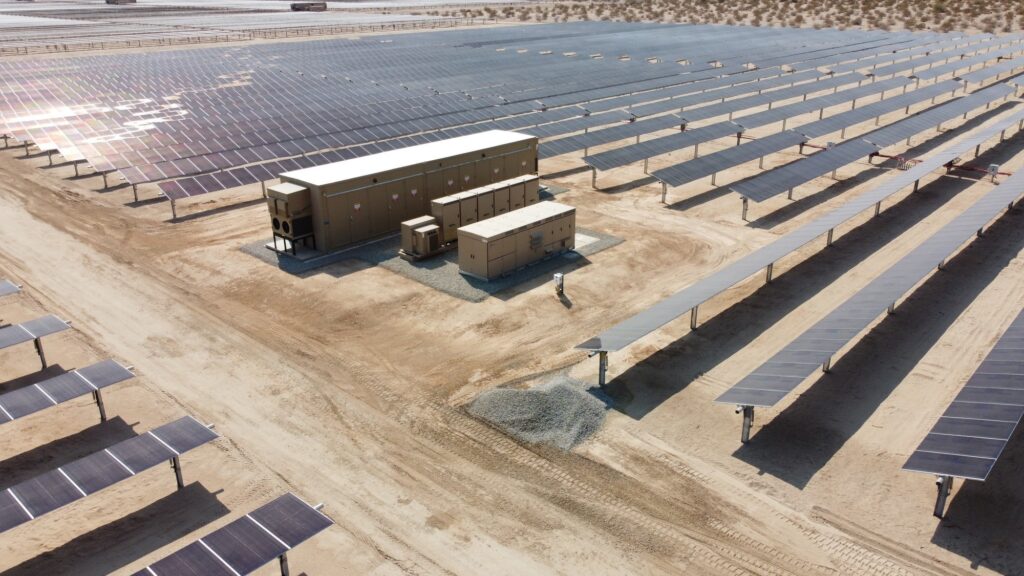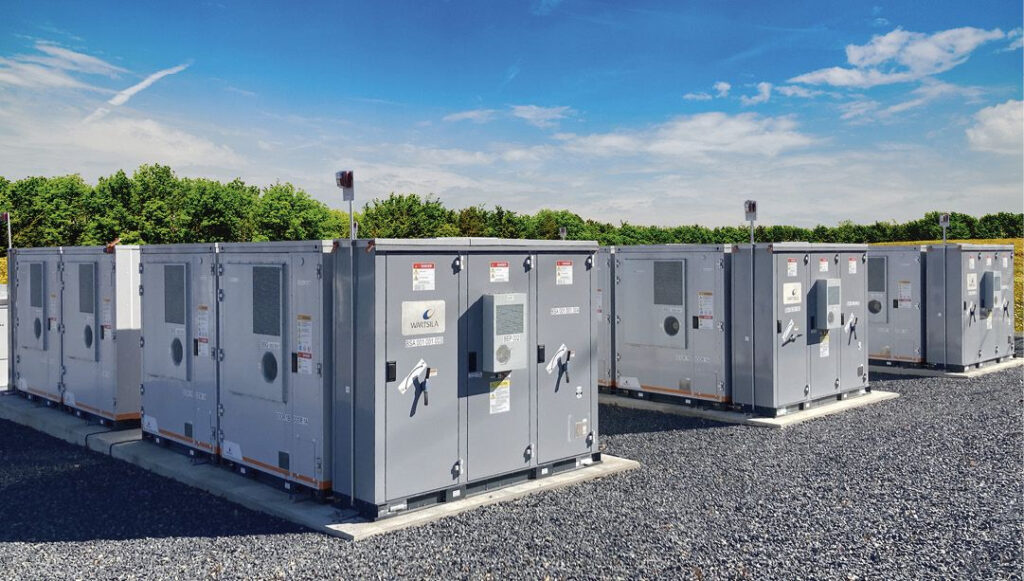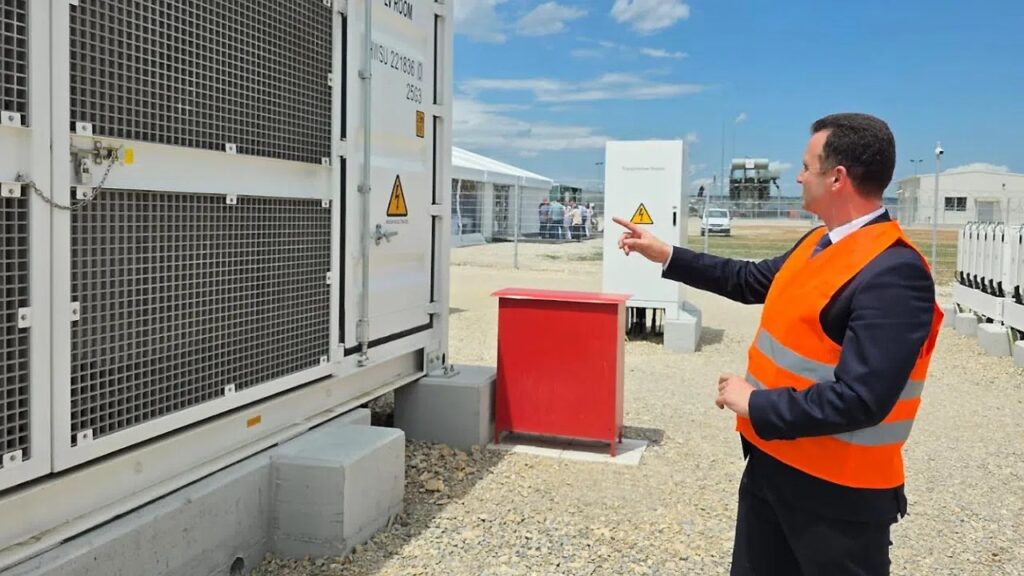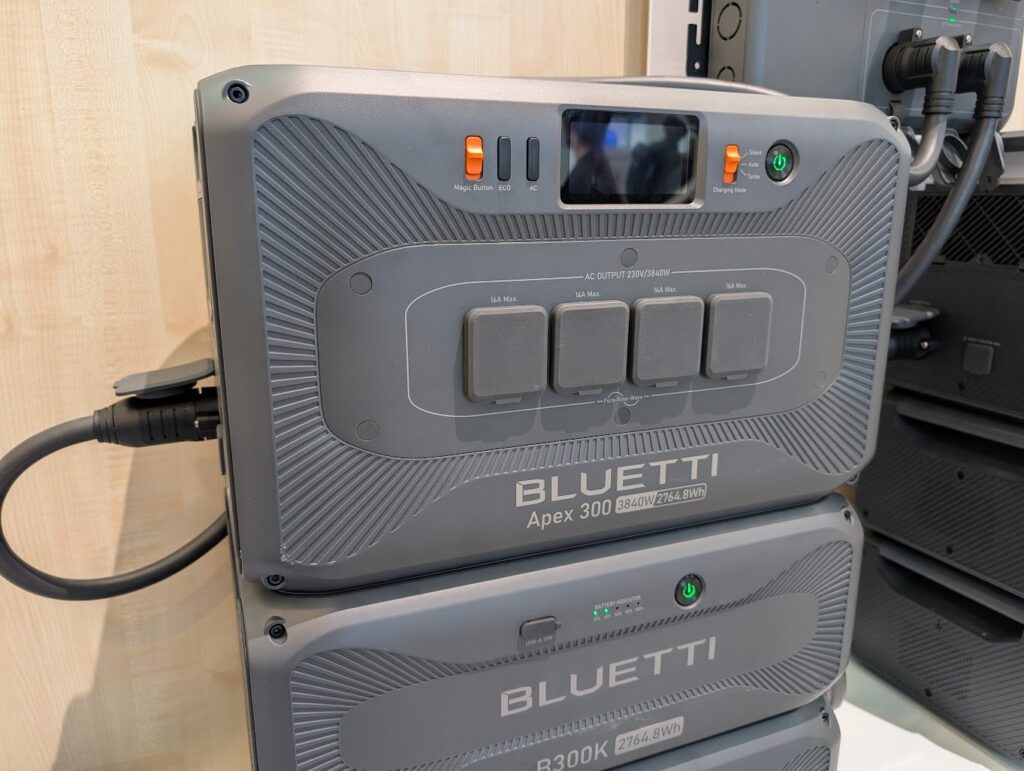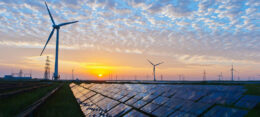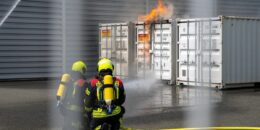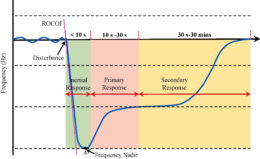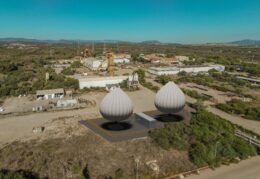Hybrid gas-turbine and thermal ESS goes online in Czech Republic
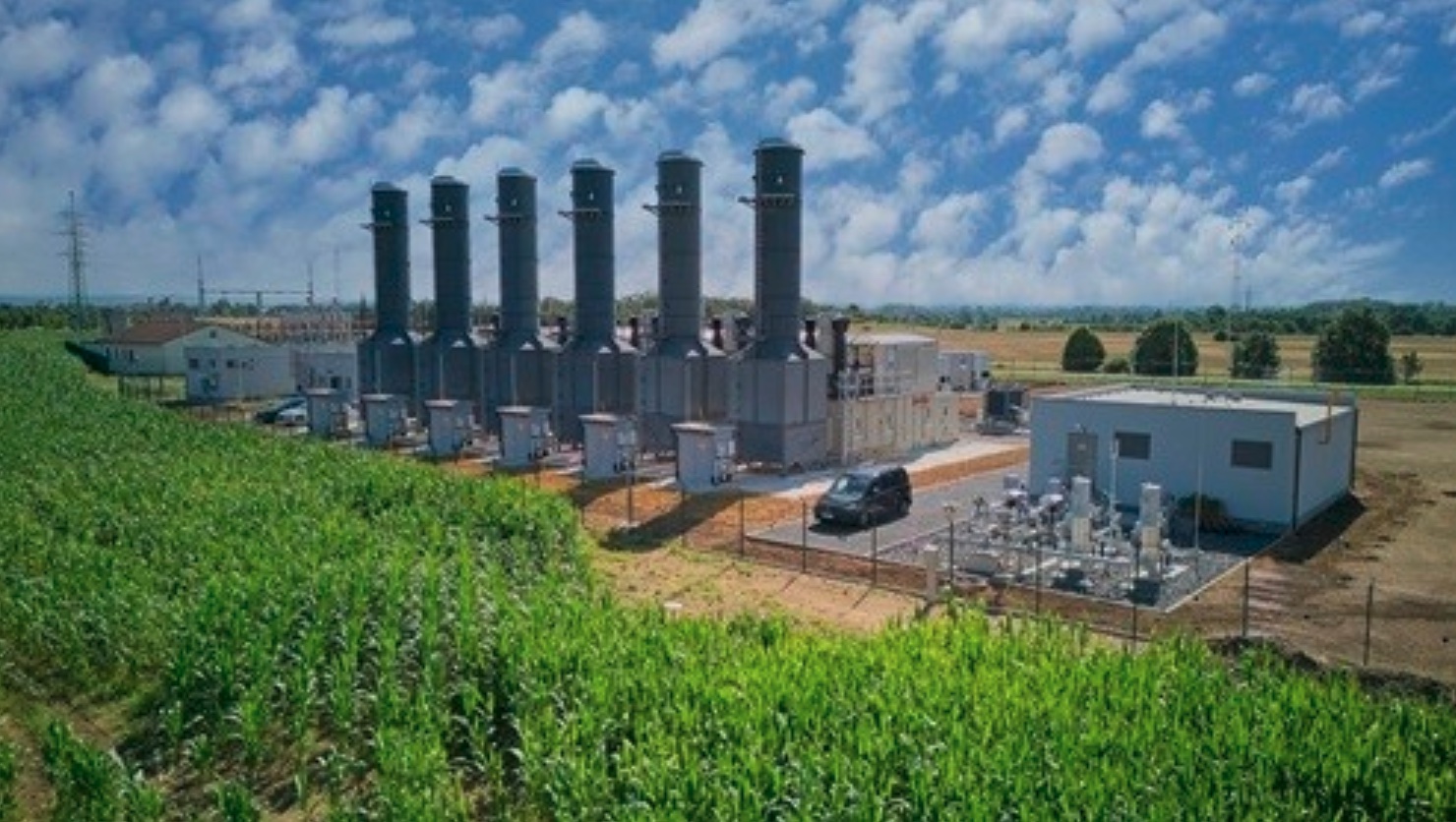
Decci Group has now begun the operation of a hybrid energy source of ancillary services (AnS) with what it says is the largest battery storage in the Czech Republic. Decci Group says the energy source responds to surpluses or deficits in the grid.
The hybrid energy source combines gas turbines with thermal battery storage from Energy Nest, which provides a total current output of 30 MW to the grid. When not in active service, the system remains in standby mode, which then ceases all emissions. The group says this eliminates the need for inefficient fuel usage.
Decci Group explains that by 2030, renewable energy sources are expected to account for a quarter of electricity production but are unable to provide ancillary services and ensure grid stability. At the same time coal-fired power plants, which account for nearly 60% of electricity production and ensure grid stability, are scheduled to be decommissioned.
“Energy nest separates electricity production from providing ancillary services (AnS) for power balance and represents a solution that responds to future energy needs today,” says Darina Merdassi, CEO of Decci Group, and member of the board of E.nest Energy. She adds, “Energy Nest will be able to secure ancillary services to the same extent as those provided by a 300 MW coal-fired power plant, and thus, contributing to achieving national climate goals.”
The hybrid energy project was constructed by Siemens with technology supplied by the British company, Centrax, and the German company, SMA Altenso with the support of Czech consulting firms Euroenergy, Nano Energies, and OSC. A custom software system for the energy project was developed by the Czech Institute of Informatics, Robotics, and Cybernetics (CIIRC), at the Czech Technical University (CTU).

